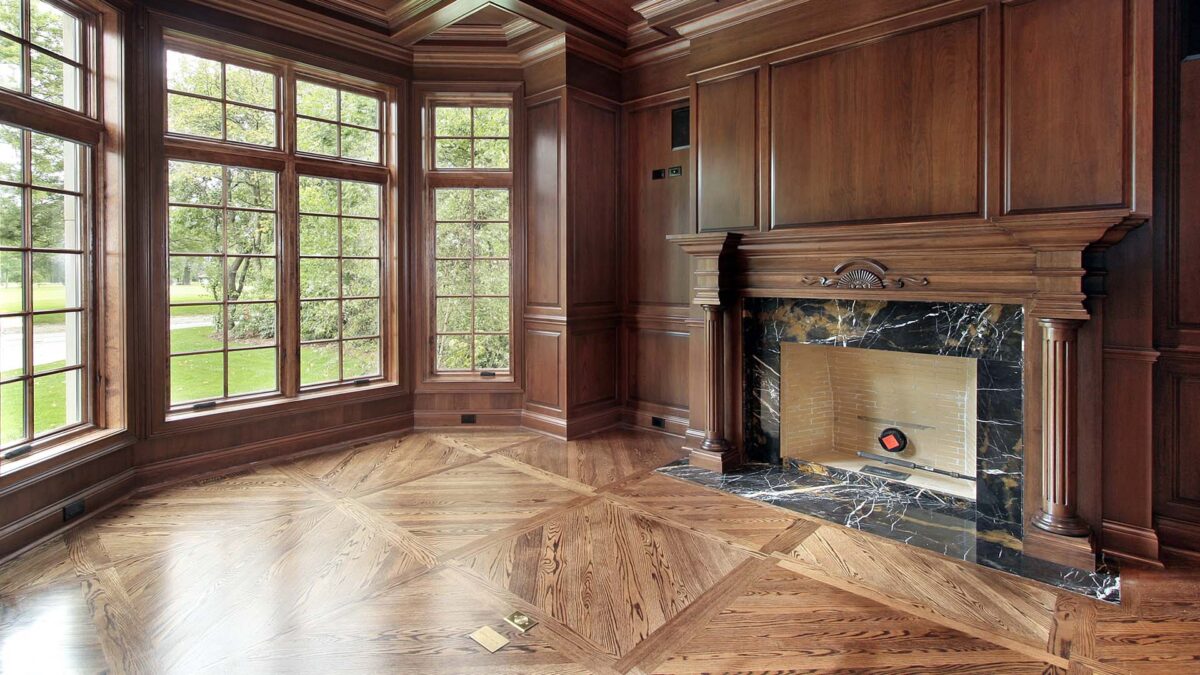
1. If there are any problems, who do I call?
Most flooring stores will be buying the Flooring Waldorf Md they are selling to you from a distributor who purchases the flooring from the manufacturer. Sometime, especially with products coming from overseas there is more than one distributor involved. In many cases if you have an issue with your flooring and complain to the retailer they will call the distributor and let them know there is a complaint, the distributor will tell the manufacturer there has been a complaint. In most cases the manufacturer will deny the complaint and if you are lucky they will even send a representative to deny your claim in person. Most retailers would correct a manufacturing problem to make their customers happy because they are the ones dealing with the customers face to face but in reality they do not have the final say unless they want to replace the flooring out of their own pocket. The manufacturer is so far removed from the actual client that they know it is better for their bottom line to deny the claims and assume they will never have to deal with the issue because they are so protected by their warranties. Picture a person at a desk with a pile of hardwood flooring claims on their desk with a big stamp that says “denied”.
2. How durable is the finish?
Durability is probably the most important things to consider when purchasing a prefinished hardwood floor. The finish is what you are actually walking on and must be very durable to have a beautiful lasting floor for years to come. Many imported prefinished floors have very little durability and the finish can be taken off with a few swipes of 150 grit sandpaper. When buying hardwood there are a few ways to test the finish: one would be to take 150 grit sandpaper and rub the finish to see if the finish will come off and two would be to firmly press the edge of a coin against the finish, a quality finish will dent but not come off. Quality manufacturers will have aluminum oxide or better yet titanium oxide hardeners in the finish. Many offshore manufactured products will say they have aluminum oxide in them but actually do not. To test if a hardwood floor has aluminum oxide in the finish simply put the sample in your microwave and if it sparks, it does indeed have aluminum oxide in the finish. I know that may seem a little strange but it’s something worth checking because hardwood flooring is a big investment and you want to know the durability of the finish.
3. What is the structural and surface warranty?
This is a very important part of choosing a hardwood floor. Anyone can put a 25, 30, or 40 year warranty on the finish of their product but the real question is; will they stand behind their warranty. Many large hardwood flooring manufacturers have warranties that are up to ten pages. When you read through the entire warranty and all of the exclusions it really gives the client the impression that there is actually no warranty at all. The problem is most consumers don’t take the time to read the warranty and are shocked when they find out the issue they are having with the flooring is one of the “exclusions”. Most warranties will say that there is an industry standard of 5% margin for error which means that when your entire floor is complete the manufacturer is allowed to have 5% of the boards defective. That means a finished floor of 1000 square feet would be allowed roughly 100 boards with any kind of defect.
4. What is the waste factor of the flooring?
The waste factor of the flooring is an important issue as well. If 10-15% waste is what is suggested by the manufacturer than that means you will have to buy that much more to get enough to install your entire floor. The higher the recommended waste factor the lower quality the product. You may find when comparing products for price on may be more than the other but you must factor in the difference in waste to the price. A floor for $6 with 3% waste would cost you $6.18 which would be the same cost as a floor with 10% waste that is $5.62 and the product with 3% waste would definitely be a higher quality product. The bottom line is you shouldn’t have to sort the waste out of the boxes; the manufacturers should be taking the waste out at the plant so you are only getting good quality pieces you can install in your floor.